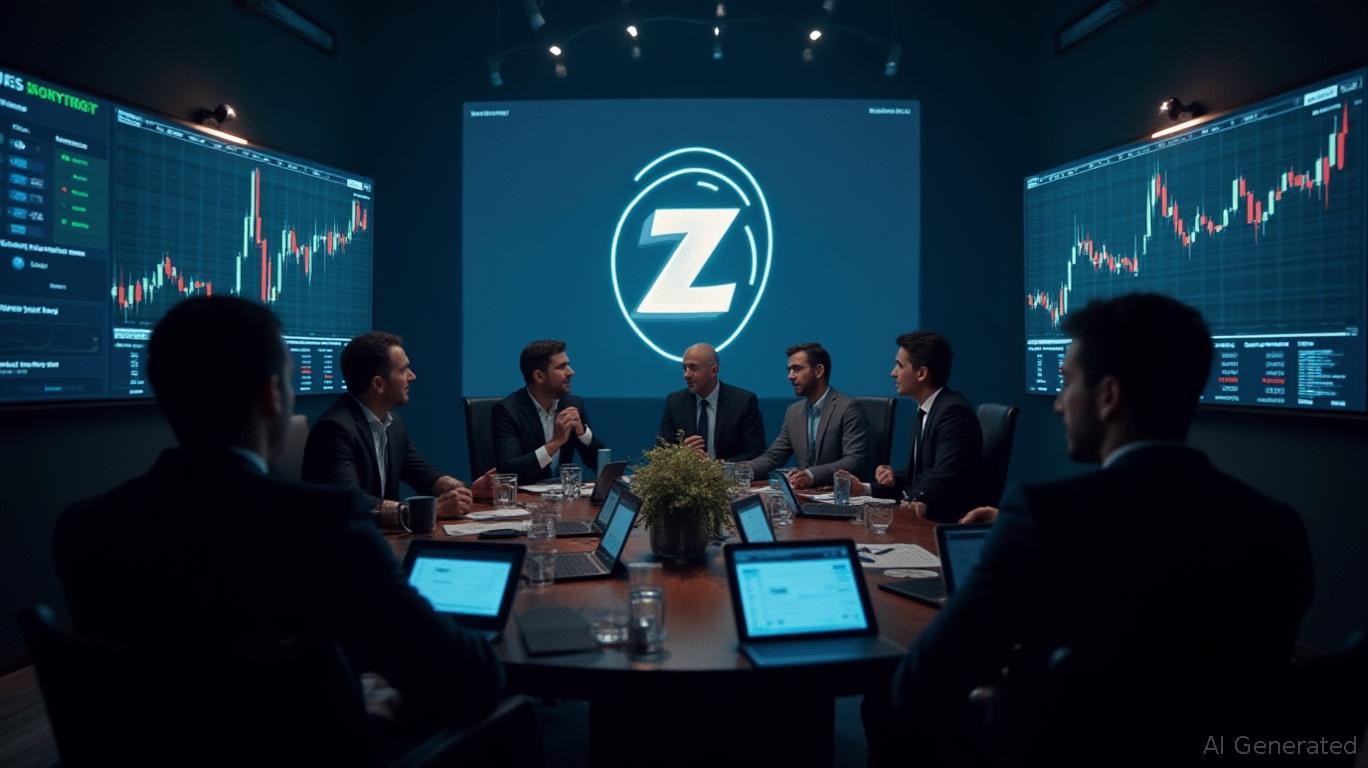Jeff Hoffman Joins Staynexcom as Chairman
- Main event, leadership changes, market impact, financial shifts, or expert insights.
- Blockchain integration in travel expands.
- Hoffman’s expertise boosts confidence in Staynexcom.
Jeff Hoffman, the founder of Booking.com, has joined Staynexcom as Chairman, integrating blockchain and AI in the travel sector. This strategic move aims to transform travel loyalty experiences by offering personalized and secure travel solutions.
Jeff Hoffman, founder of Booking.com , has been appointed Chairman at Staynexcom, a company leveraging blockchain and AI in the travel sector. This strategic move was announced yesterday , signaling future innovation in travel.
Staynexcom’s approach could transform travel services by combining blockchain with AI, impacting personal and secure experiences. The announcement has drawn attention from the broader travel industry and technology sectors.
Leadership and Innovation
Jeff Hoffman, known for his pioneering work with Booking.com , brings substantial experience. Staynexcom aims to use his expertise to integrate blockchain and AI technologies in travel. His leadership may catalyze new developments in this sector. As Hoffman himself states, “Blockchain technology will redefine travel loyalty programs, benefiting both businesses and consumers.”
The appointment causes ripples across the travel and tech industries as Staynexcom seeks to innovate in loyalty programs. This could lead to potential disruptions and increased market competition, especially in how loyalty is rewarded.
Immediate market response suggests increased interest from both investors and potential users. The application of blockchain and AI promises a shift in traditional travel business models, demanding attention from competitors and stakeholders alike.
Potentially, this could influence how loyalty programs operate, privacy considerations, and overall market dynamics. Historical trends show increased adoption of blockchain solutions, indicating favorable outcomes if well-executed.
Disclaimer: The content of this article solely reflects the author's opinion and does not represent the platform in any capacity. This article is not intended to serve as a reference for making investment decisions.
You may also like
Bitcoin Updates: Onchain Activity and Miner Expansion Face Off Against ETF Withdrawals and Federal Reserve Uncertainty
- Bitcoin's onchain inflows pushed realized cap above $1.1T, but ETF outflows and Fed uncertainty hinder recovery. - October saw $19B crypto crash, with ETFs like Fidelity's FBTC recording $164M outflows amid rate cut fears. - Miners expand operations with $314M ASIC purchases, signaling long-term bullishness despite short-term volatility. - Analysts remain cautiously optimistic about Bitcoin's future if ETF demand resumes and macroeconomic stability returns.

Ethereum Updates Today: Institutional Magic: Ethereum’s $13 Billion Reserve Stands Strong Against Market Fluctuations
- Michael Saylor and Tom Lee drive Ethereum's institutional adoption, with BitMine holding 3.34M ETH ($13.2B) as the largest treasury. - BitMine's $113M ETH purchase via Galaxy Digital aims to reach 5% of Ethereum's supply, following a $29.28M buy in November. - Saylor's Strategy Inc. (MSTR) holds 640,808 BTC ($23.2B gains) and predicts $150K Bitcoin by 2025 amid regulatory progress. - Despite 13% Ethereum price drop in October, institutional confidence persists through OTC buying strategies and treasury m

The End of Crypto’s “Pump-and-Dump” Era? How Milk Mocha Rebuilt the Presale for the Community

Zcash’s privacy-focused protocol sparks changes in the market while lawmakers discuss regulations on data privacy.
- Zcash (ZEC) surges 400% amid ECC's Q4 2025 roadmap, surpassing Monero in market cap. - Privacy upgrades like Orchard protocol and P2SH multisig aim to enhance shielded transactions (27.5% of supply). - Institutional adoption (Grayscale's $85M ZEC fund) and infrastructure improvements drive demand for censorship-resistant assets. - Technical indicators suggest $500 potential if $380–$400 resistance breaks, but regulatory risks and Monero's darknet dominance persist. - ECC's "viewing keys" strategy seeks r
